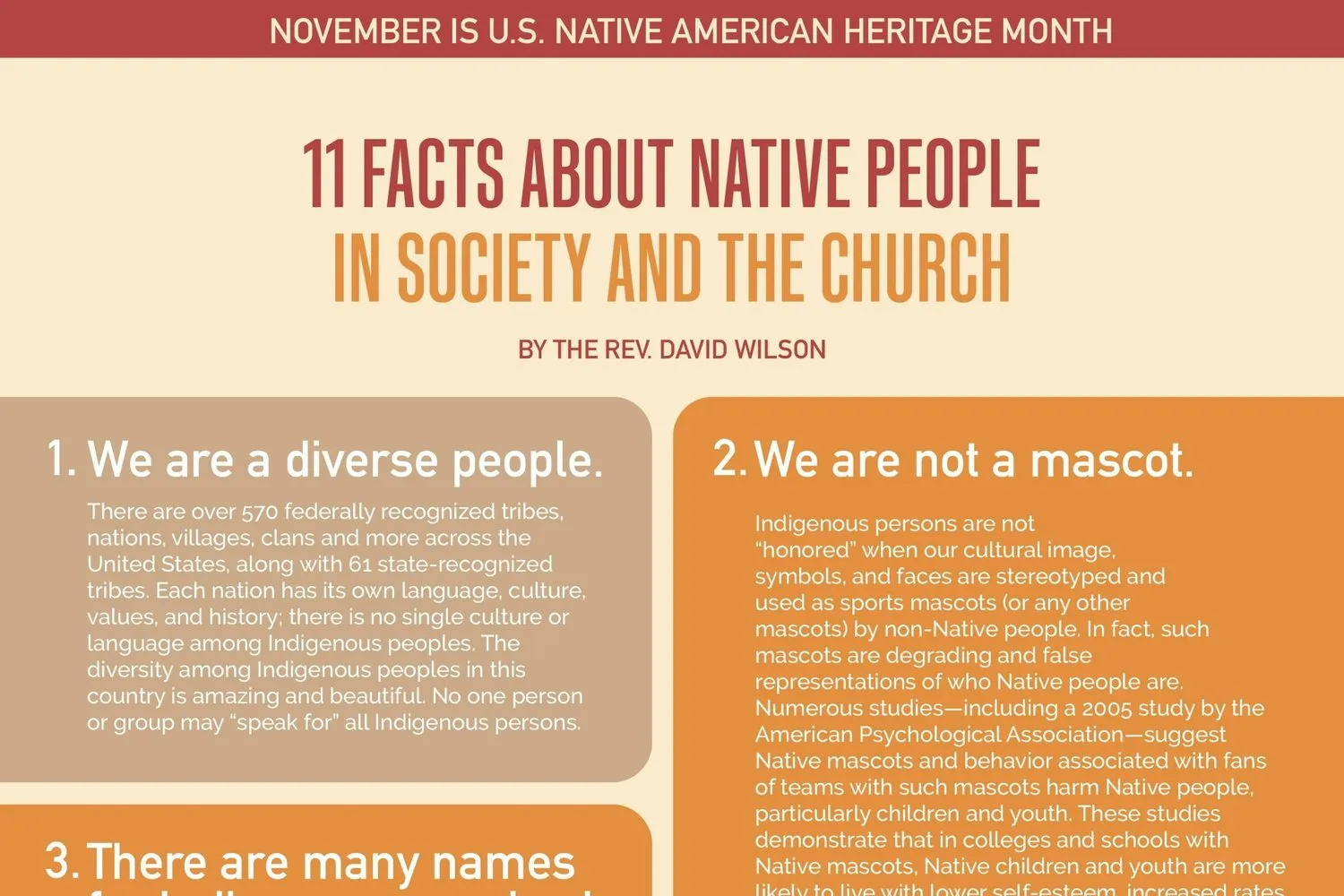As delve into the heart of Native American Heritage Month Facts, an occasion to celebrate the rich legacies and contributions of Indigenous Peoples, it’s essential to uncover the intriguing and often overlooked facts that shape this observance.
Beyond the customary acknowledgments, this article unveils a tapestry of historical milestones, cultural treasures, and contemporary challenges faced by Native communities. Join 49native.com in exploring the facts that enrich our understanding of this significant month.
Things To Know About Native American Heritage Month Facts
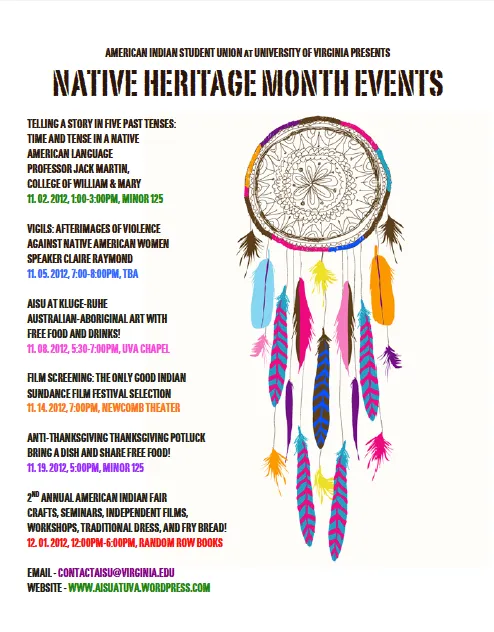
In the heart of November, the United States comes together to celebrate Native American Heritage Month, a time dedicated to recognizing the rich culture, age-old traditions, and remarkable achievements of the nation’s original inhabitants and their descendants. With a history that echoes through the centuries, this month is a profound opportunity to pay homage to the enduring contributions of Native Americans.
A Landmark Declaration: The Birth of National Native American Heritage Month
Back in 1990, a significant milestone was reached when November was officially designated as National Native American Heritage Month. This important commemoration is often referred to as American Indian Heritage Month, emphasizing the critical role played by Native Americans in shaping the nation’s identity.
Diane J. Humetewa: Pioneering the Way as the First Female Native American Federal Judge
Within this tribute to Native American heritage, the spotlight shines brightly on individuals who have made exceptional strides. One such luminary figure is U.S. District Judge Diane J. Humetewa, who holds the distinction of being the first female Native American judge to preside on the federal bench.
Judge Humetewa’s journey is deeply rooted in both Phoenix and her Hopi ancestral lands. Her upbringing is a remarkable blend of cultural diversity, as she seamlessly navigated mainstream school and social activities in Phoenix while preserving her ties to the Hopi way of life as a dedicated member of the tribe.
For her, it was a single, harmonious world. “I would do all the things that high school kids would do,” she recalls, “but perhaps on the weekend, we’d have to go to the reservation.”
Judge Humetewa’s groundbreaking appointment as a U.S. District Judge in 2014 was a historic moment, but it wasn’t her first pioneering role. Seven years before ascending to the federal bench, she etched her name in the annals of history as the first Native American woman to serve as a U.S. Attorney in the District of Arizona.
Her life story is a testament to unwavering dedication to public service and the advancement of Native American representation in the legal sphere.
Discovering the Rich Tapestry of Native American Heritage
Unveiling the Depth and Diversity of Indigenous Culture
When you hear the term “Indigenous American” or “Native person,” what images come to mind? Perhaps it’s the historical photographs from textbooks or scenes of the first Thanksgiving. However, Native Americans are a vibrant and diverse community that extends far beyond these glimpses of the past.
Today, there are over 9 million Native Americans and Native Alaskans residing in the United States. With 575 federally recognized tribes and many more striving for official recognition, the tapestry of Indigenous cultures is as rich and unique as the individuals they represent. From their expressive artwork and compelling literature to the flavors of their cuisine and the rhythms of their music, Native American heritage offers a wealth of traditions, creativity, and wisdom.
Since the proclamation by President George W. Bush designating November as Native American Heritage Month, also known as American Indian and Alaska Native Heritage Month, we have embarked on a journey to acknowledge the multifaceted cultures, profound traditions, captivating stories, and invaluable contributions of Native peoples.
This celebration is a tribute not only to their achievements but also to the challenges and adversities they have faced throughout history, which persist even today.
Whether you seek to refresh your knowledge of Native American populations or are in search of meaningful information to share at your Thanksgiving gathering, here are some intriguing facts about Native American Heritage Month and the extraordinary people it honors.
A Century of Celebration: The Birth of American Indian Day
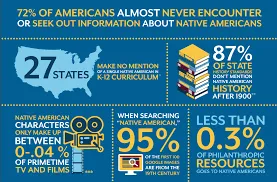
Read more: Celebrate The Native American Heritage Month 2023
The roots of honoring Native American heritage date back to the early 1900s. In 1916, a visionary member of the Blackfeet Nation named Red Fox James embarked on a horseback journey across the United States.
His mission was to secure endorsements from 24 state governments, paving the way for the establishment of a day dedicated to celebrating American Indians. The result was the very first American Indian Day, celebrated on the second Saturday of May in 1916 in New York.
The journey toward recognition continued in 1915 when Dr. Arthur C. Parker, a Seneca Indian serving as the director of the Museum of Arts and Science in Rochester, New York, successfully persuaded the Boy Scouts of America to allocate a day to honor the “First Americans.”
The Boy Scouts embraced this idea for three consecutive years, further solidifying the significance of celebrating Indigenous culture in the United States.
Celebrating Indigenous Heritage: Honoring Contributions, Advocating for Justice
Reflecting on the Remarkable Legacies of Indigenous Peoples
In the United States, this month is a time set aside for reflection and recognition, a time to contemplate the invaluable contributions of Indigenous Peoples, acknowledge their profound histories, and champion the quest for justice amidst the challenges they still confront today.
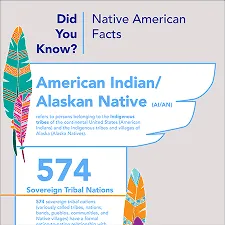
Native Americans have endured a legacy of discrimination and adversity, one that stretches back to the arrival of European settlers on this continent and endures in various forms to the present day.
This dedication to understanding Indigenous heritage encompasses a range of issues, from the prolonged struggle to establish a proper, nationwide observance to the long overdue recognition of voting rights for Native Americans, and the economic barriers they continue to face. In this article, we delve into these aspects and more, unveiling the significance of Native American Heritage Month and the ongoing journey for justice.
Honoring Indigenous Legacies: A Long-Awaited Tribute
The path to honoring Native American heritage was marked by significant challenges. From the initial encounters between European settlers and Indigenous Peoples, which often led to displacement and suffering, to the broader injustices endured over the centuries, the need for a dedicated observance became evident.
A Historic Milestone: The Establishment of Native American Heritage Month
The culmination of this endeavor was the establishment of Native American Heritage Month. This designation, which allows Americans to recognize and celebrate the rich and diverse traditions, cultures, and histories of Native Peoples, is a crucial step toward acknowledging the contributions that Indigenous communities have made to the nation.
Voting Rights: A Struggle for Inclusion
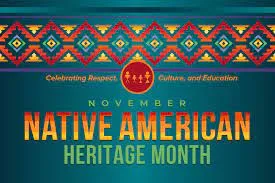
One critical aspect of the journey to justice for Native Americans was the attainment of voting rights. The long road to securing these rights underscored the profound challenges faced by Indigenous communities in participating fully in the democratic process.
Economic Hurdles: Overcoming Barriers to Prosperity
Economic disparities have been a persistent issue for Native Americans. The economic challenges faced by Indigenous communities have deep historical roots and continue to affect the well-being of Native Peoples.
Advocating for a Just Future: The Ongoing Quest for Justice
While Indigenous heritage is celebrated during this month, the challenges and injustices faced by Native Americans are not forgotten. Advocates continue to work toward a more equitable and inclusive future for Indigenous communities.
Native American Heritage Month is a time to recognize the achievements, traditions, and contributions of Indigenous Peoples. However, it also serves as a reminder that the struggle for justice, equality, and inclusion is far from over. This observance encourages all Americans to stand in solidarity with Native communities, support their quests for justice, and celebrate the remarkable legacies that have enriched our nation.

